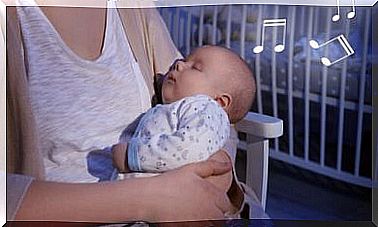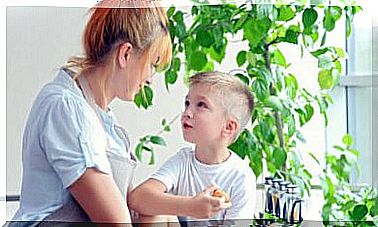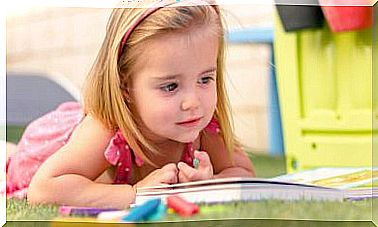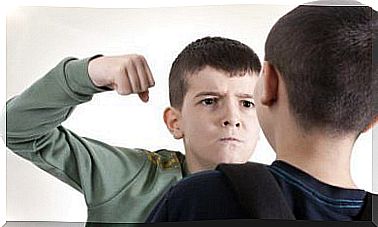7 Excesses That Have Transformed Children’s Education

Undoubtedly , children’s education has transformed over time, not only at the school level, but also at home. Some specialists consider that certain excesses have contributed to the occurrence of such changes. In this regard, one can speak, for example, of hyperpaternity, which has greatly affected the behavior of many children.
Today’s family appears to be much more accessible, comfortable, and safe for children than it was half a century ago. Apparently home schooling was more demanding, children feared their parents, and there were inescapable obligations. Now you can feel a more attractive change for the offspring; however, some patterns of behavior cause concern.
What excesses are we talking about? How does education transform and harm children? The psychologist Borja Quicios, affirms that the children have been “upset” as a consequence of the educational models. When he speaks of disorder, he is referring to an educational crisis or a revolution in behavior. Let’s see what this is about.
The transformation of education can occur due to these 7 excesses
Quicios psychologist expresses that children are suffering from a disorder due to excesses in education. Although the word sounds strong, what he means is that revolutionary behavior in children has been socially denounced.
Phrases such as “today’s children are very precocious”, “children are rude”, “my son answers me” or “the students do not respect”. These types of statements are frequent today, where it is emphasized that something has changed. The following indications explain what the specialist refers to with social complaints.
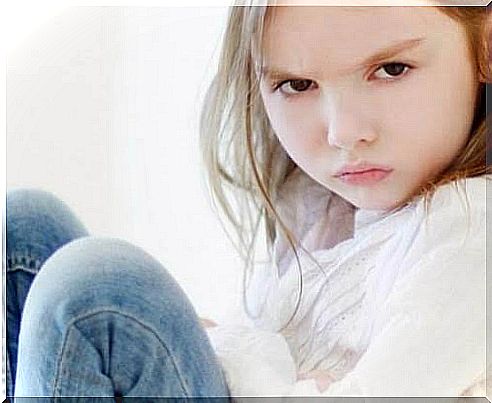
- Parents and teachers are concerned that they no longer have control over their children
- Socially there are complaints about the “bad education”, spoiledness or lack of values manifested in the little ones of now
- Emergence of episodes of abuse by children towards their adult relatives
According to this type of experience, the specialist explains that everything is immersed in a context where many family relationships have been transformed. Consequently, identify at least 7 excesses.
Democratic education
The specialist states that attempts to put aside authoritarian education have led parents to negotiate with their children. This is something that allows for flexibility, for children to express their ideas, and for dialogue to exist. I mean, it’s not bad at all.
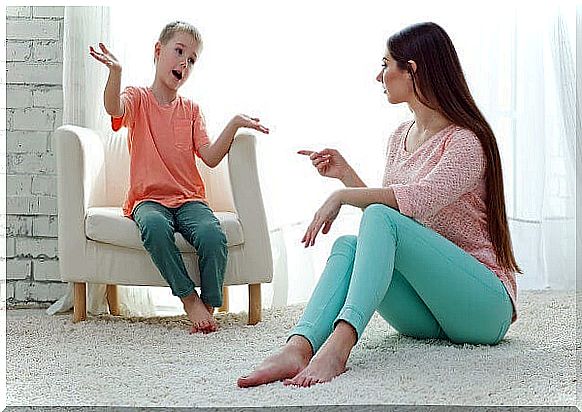
However, when we overdo it, the parent-child relationship can be upset. We are no longer an authority to them. According to Quicio, the problem occurs when a bond of friendship is generated, where somehow there are more freedoms.
Lack of family time
Parents’ work prevents the family from spending more quality time. This means that we put personal interests before the children. Therefore, adults end up giving importance to our jobs and children notice that. Somehow we seek to compensate them in other ways, then we fall into material excesses.
Too much consumption
We live in a society where we seek our personal well-being above all else. We want to have, buy and consume without limits. According to the specialist, we educate our children so that they seek to have and be happy through what they have. We base our well-being on what we have, the air conditioning, the giant television, the smartphone …
Unlimited options
Unlike education in the past, children today have many options. They do not have time to develop creativity because they are almost never bored. Creating a way to entertain yourself is not from this era, because there are multiple alternatives within our reach.
Information speed
Uncertainty and surprise are over, because we live connected. The information reaches us instantly; it is not necessary to search or wait too long. This results in children being in constant tension and not relaxing. In addition, it causes them in some respects to go ahead of their parents.
Hyperpaternity

Hyperpaternity refers to everything that parents are willing to do for their children. That need to make life easier for them, end up completing their tasks, or live only for them, can also affect.
Excesses are negative in any respect, so when they are committed in education, the consequences can have a social reach. Being totally focused on your children is as serious as not doing it.
Specialists consider that we affect their ability to solve problems, make decisions and function socially. Therefore, we observe the well-known bratty or selfishness, which results from low tolerance for frustration.
Overprotection
It has a lot to do with hyperpaternity. Overprotected children may develop challenging behaviors with adults, including their own parents. It is not that they become grateful children for all the care of their parents, on the contrary, they can develop a certain petulance and insolence.
